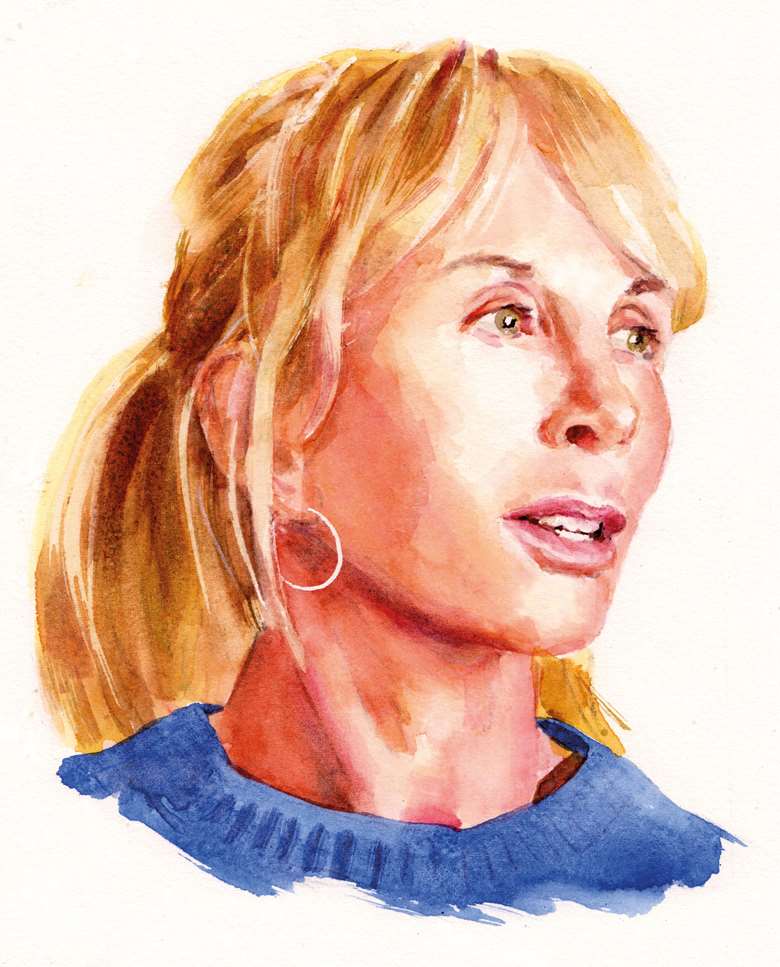Trudie Styler interview: 'When the concertmaster started playing the violin solo I just remember bursting into tears'
Saturday, February 22, 2025
The director, producer and actor on how the music of Naples helped her tell the city’s story in her new film

Register now to continue reading
Thanks for exploring the Gramophone website. Sign up for a free account today to enjoy the following benefits:
- Free access to 3 subscriber-only articles per month
- Unlimited access to our news, podcasts and awards pages
- Free weekly email newsletter













